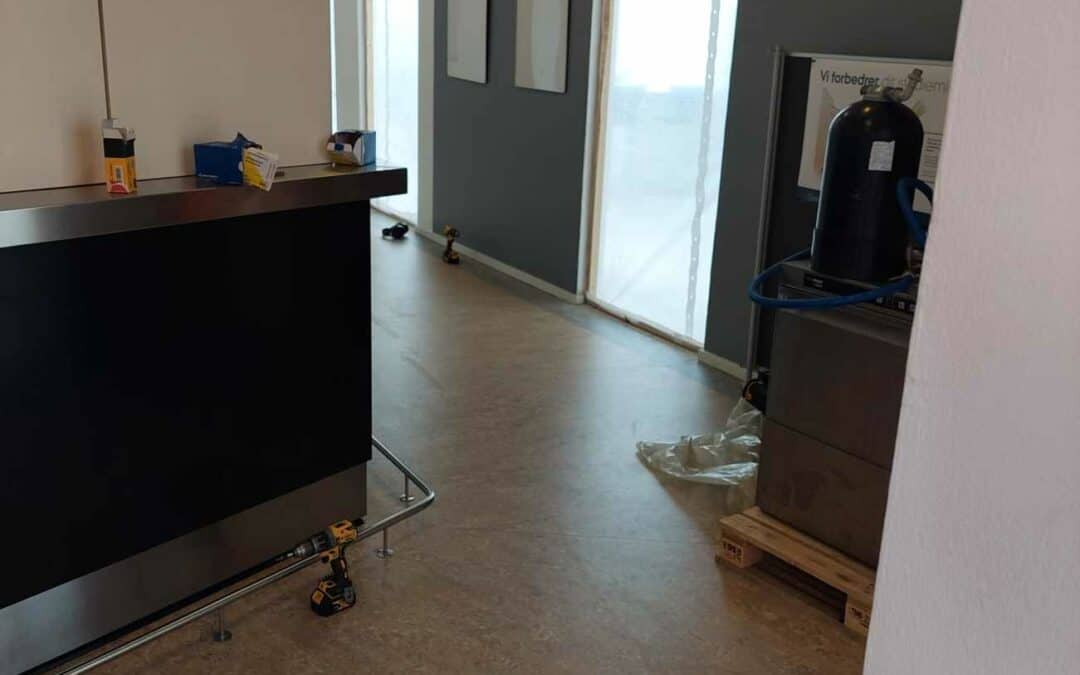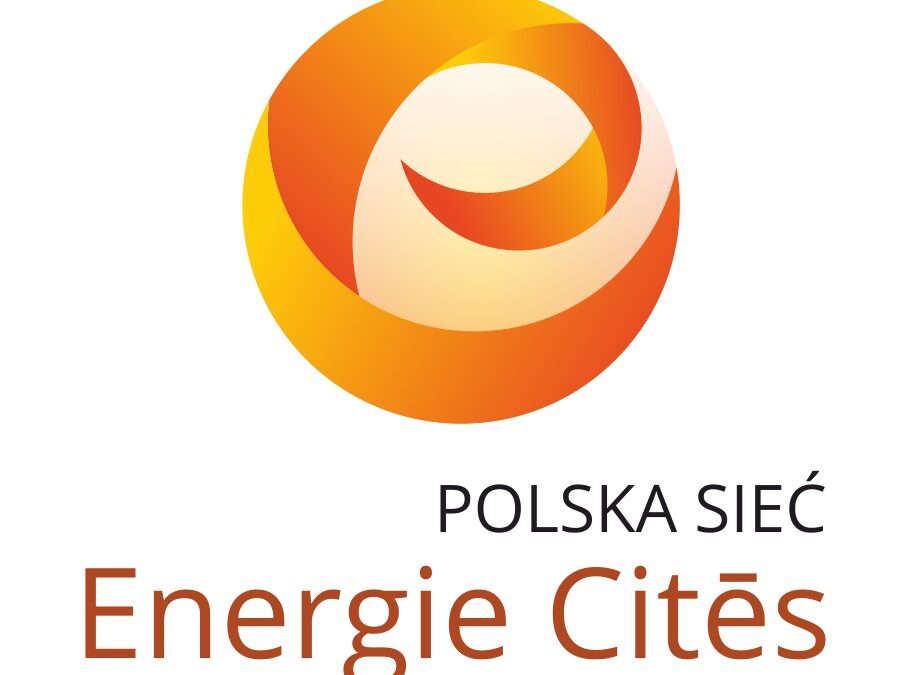

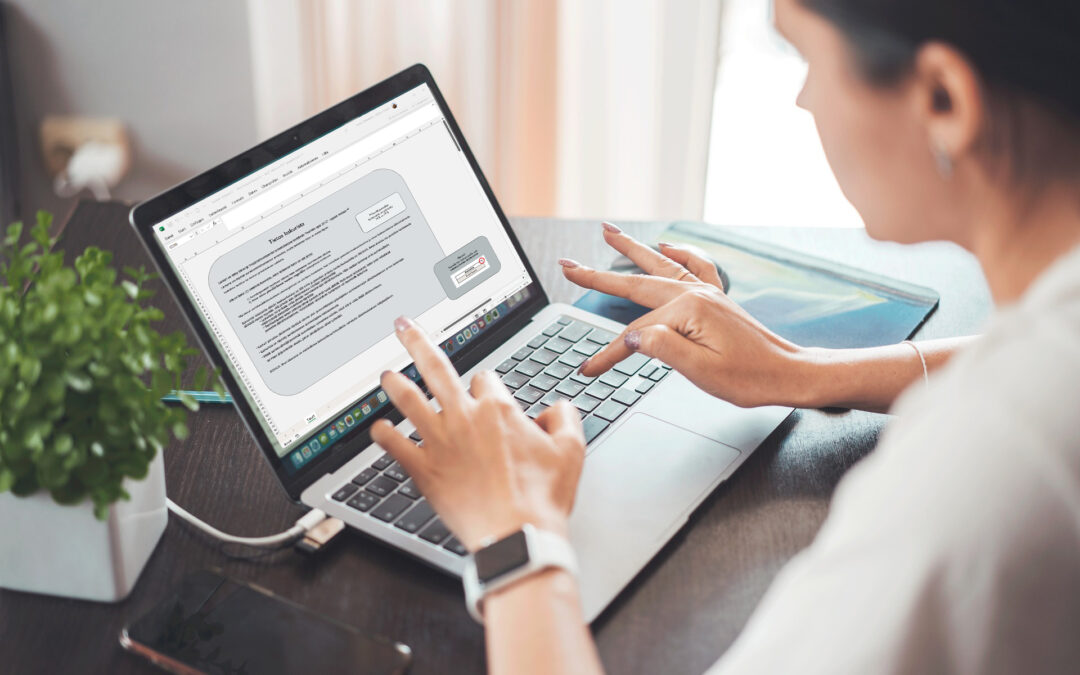
Unbiased and free solar electricity sizing calculator for Finland with PV 4 All funding
The calculator has been made in accordance with the Solar Guide of the Ministry of the Environment and Sitra, and its purpose is to provide consumers with a clear and impartial assessment of the sensible dimensioning of the solar power system. You can estimate the...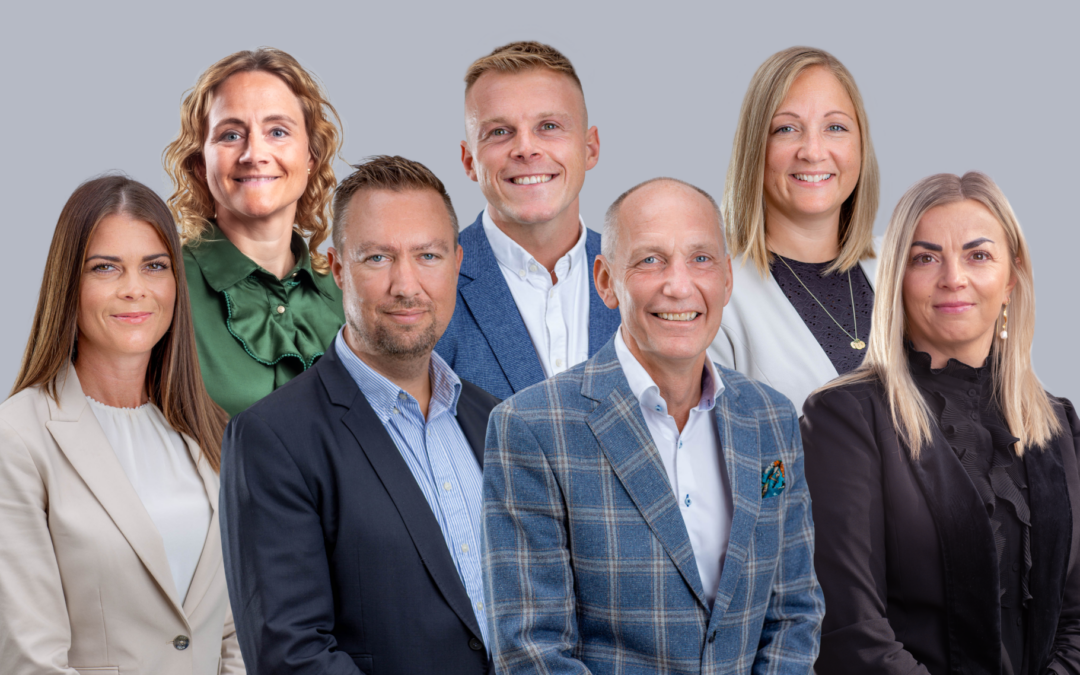
New partner ProVarde Business Development joined the project!
We have great news! 👉 A new partner from Denmark has joined our project – ProVarde Erhvervsudvikling (ProVarde Business Development), who represents approximately 600 companies of all sizes and industries in Varde Kommune. Therefore, taking into account the...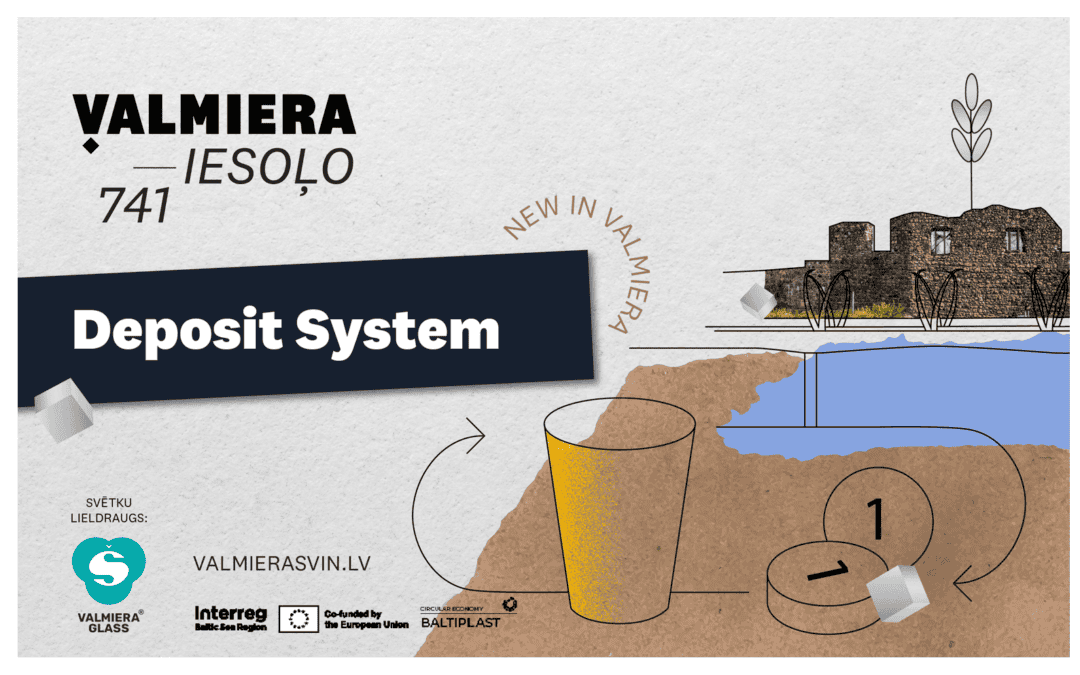
Initiatives for a Sustainable Future: Valmiera City Festival’s Cup Deposit System
In 2022, the festival collected 58.4 m³ of waste, which increased to 68.4 m³ in 2023. A significant portion of this waste originated from the catering areas, primarily disposable cups. To address this, Valmiera Municipality Government is introducing a cup deposit...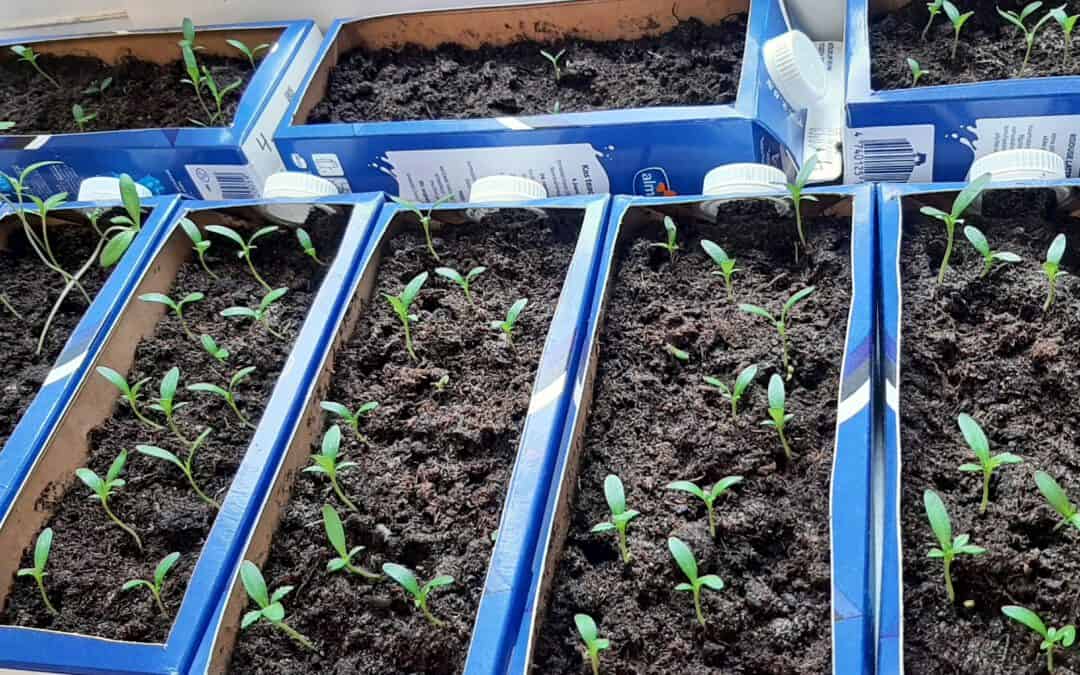
BSR Food Coalition “Farm to School” framework
We are glad to present the results of or project that are available for your review in three main documents: Framework, Pilots, and Full version including Framework + Pilots. Pilots Framework Full version_Framework+Pilots
The 3rd ISC
On 16 July 2024, the 3rd ISC of the BSR DeepTech Launch project was held on the zoom platform. All project partners were invited to the meeting. The 3rd ISC meeting was to jointly develop the draft of the BSR Deeptech Launch Student workshop post-workshop survey – the...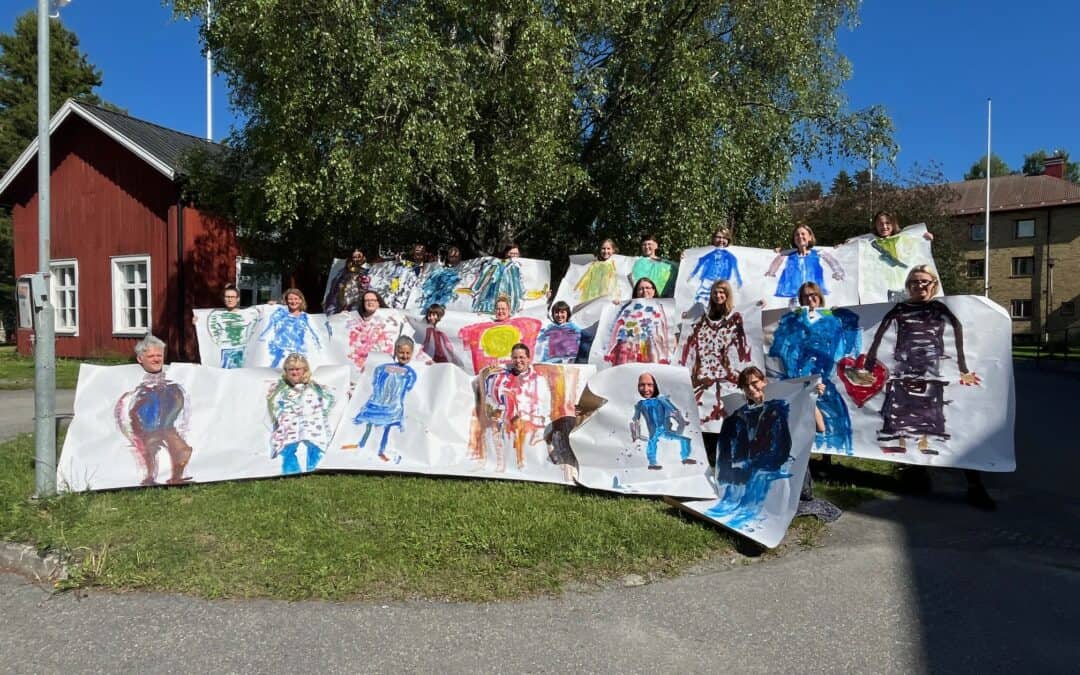
4th partner meeting in Sunderby Folkhögskola, SE
Besides representatives from 13 project partner institutions in the Baltic Sea countries from DK, DE, PL, SE, LV, FI and LT, representatives from Region Västerbotten and Jämtland Härjedalen as well as arts facilitators and link workers involved in the projects’ pilot...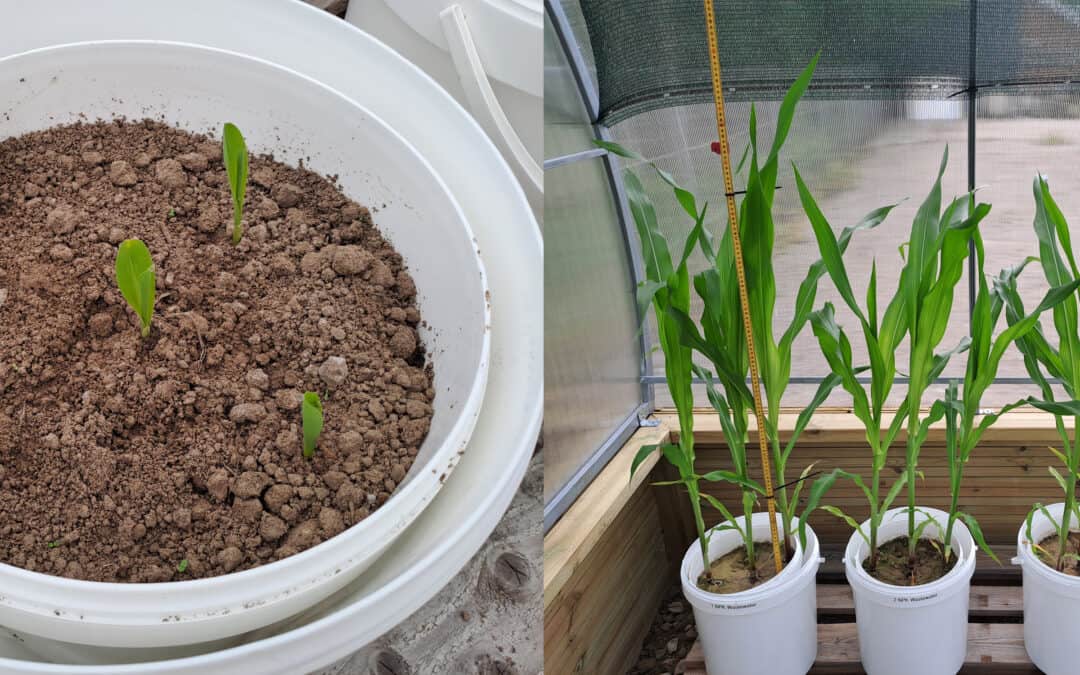
Summer 2024: Greenhouse trials
Pilot 3 activities, i.e. greenhouse trials, are the last step in the ReNutriWater project plan, to experiment with the use of reclaimed water. Having completed testing of different disinfection methods of wastewater and adjusting the nutrient composition of the...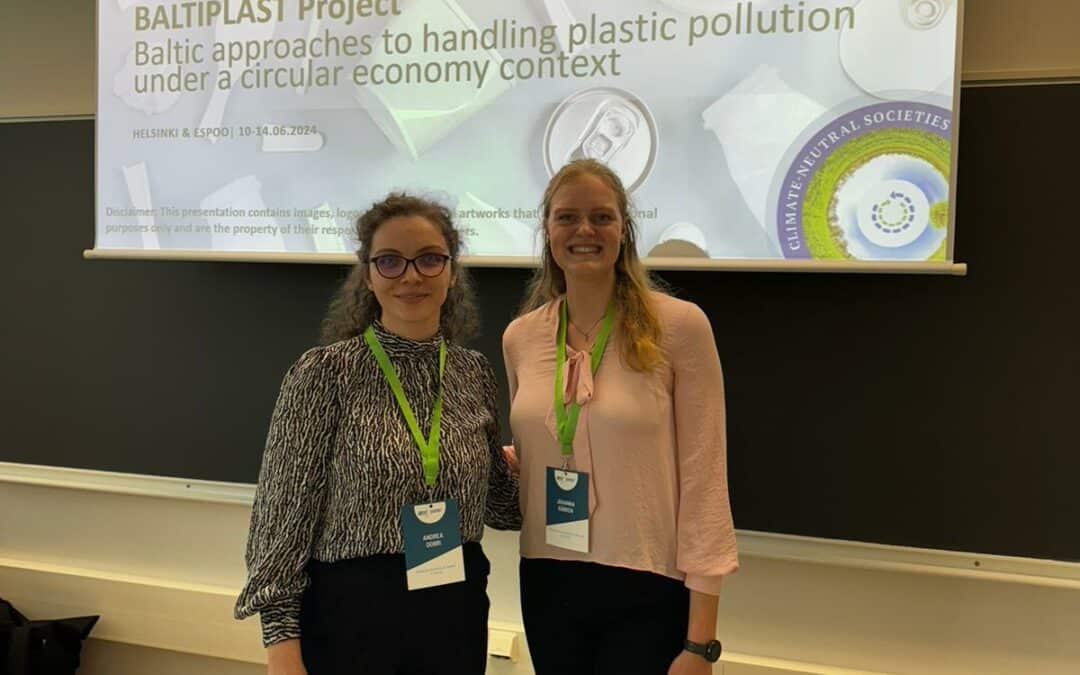
Unlocking Solutions: The Plastic Escape Game
During this event, we organized an engaging interactive session for the congress participants. This session was designed to guide them through our project, highlighting the numerous benefits of joining our initiatives. Additionally, we provided an opportunity for...